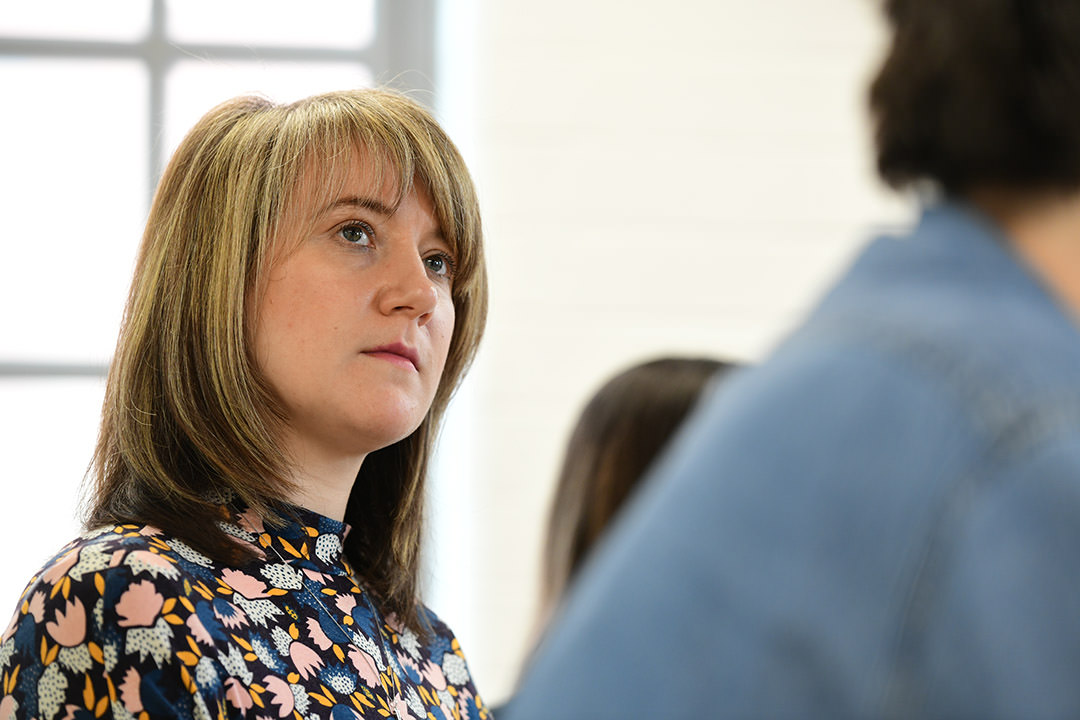What you do (and don’t) need to become a content designer

You need to communicate how your transferable skills relate to a content design role
It’s not always clear what skills and knowledge you need to be a content designer. So we wanted to share our thoughts about what, based on our experience and what dxw looks for, is and isn’t required.
What you do need
To have empathy and understand that words have an impact
These qualities go hand in hand, especially when you’re working on public services. For example, you need to think about the questions you’re asking users and how they might affect them. (We once saw a form that had the term ‘spinster’ in its list of options for marital status. Not a great word choice, because it’s outdated and dripping with negative connotations). We can often be asking for sensitive information, or creating content for people in distress, and this needs to be handled in a way that isn’t judgemental or unkind.
Good attention to detail
Some might call this being pedantic. (The number of times we’ve pointed out where capitalised words should be lower case has probably irritated a lot of our colleagues.) But accuracy and consistency help people:
- understand what they need to know
- understand what they have to do
- to have confidence that what they’re being told is correct. (For example, sloppy spelling, or a website where some buttons are labelled ‘submit’ and others ‘send’ doesn’t convey trustworthiness and professionalism)
To care about accessibility and inclusivity
We need to make sure that the products and services we build can be used by everyone. To do that, we need to be aware of what the potential barriers to using and consuming our content are, and address them. We also need to create content that doesn’t make assumptions about people’s gender, race and ethnicity, socioeconomic status or ability, and portrays them accurately.
To be able to: give and receive constructive feedback, iterate your work and collaborate with others
At dxw we work in multidisciplinary teams, often with user researchers and interaction designers. This means:
- being able to explain the reasoning behind the design decisions you make
- you’ve got to be able to edit and adapt your work based on suggestions, feedback and ideas from colleagues
- your colleagues need to be able to edit and adapt their work based on suggestions, feedback and ideas from you
- your work is never entirely your own, what you produce is always a team effort
The end goal is always meeting user needs, rather than designing something based on what you personally think works best.
What you don’t need
An English degree
It seems like an English degree would be the perfect foundation for a career in content design. But, because we know that a degree is one of many ways of getting knowledge, skills and experience, it’s not something we ask for at dxw. Interviewers are interested in your contribution to the projects you’ve worked on, how you collaborate with others and the thinking behind the decisions you make. They’re definitely not going to ask you to give in-depth reviews of a selection of literary classics!
An excellent writer or a grammar buff
GDS’ definition of a content designer is someone who helps make things easier for people to understand and use. You don’t need to be an amazing writer, or a grammar expert, to do that. Tools like Grammarly, Hemingway and Content Design London’s Readability Guidelines can help you make sure that what you write is clear, easy to understand and grammatically correct. What you do need is to be able to write concisely and with reference to user needs.
To have had the job title content designer before
Definitely not! You might already be doing what’s essentially a content design job – but the role isn’t called ‘content designer’ in your organisation.
Or you might have been in jobs, none of them with the content designer job title, which means that you have experience in a range of activities that are relevant to content design.
Being able to communicate how your transferable skills relate to a content design role is much more important than having had the job title before.
To be a human dictionary
Nope! That’s what online dictionaries are for.
Formal training or knowledge of specific tools
Our content team is evidence that you don’t need formal training or to know how to use All The Design Tools to be able to do this job. Our backgrounds include: marketing, publishing and policy development. Doing a content design course can be a helpful introduction to the basics. But, that said, our team has learned an awful lot:
- on the job
- at conferences and meet-ups
- from blog posts
- in friendly and supportive groups like the CrocStar Content Community.
We’re hiring a content designer to join the team. If you’ve worked with online content and want to help charities and the public sector create content for diverse audiences, it’d be great to hear from you. Get in touch if you have any questions about the job, our team, or what working at dxw is like.